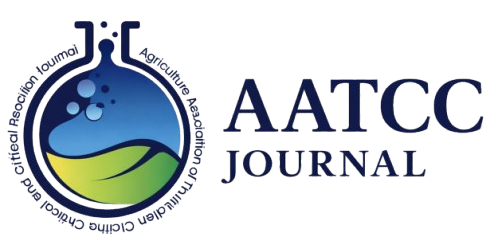Abstract
An experiment was carried out under open field conditions to ascertain the influence of inter-plant spacing’s and planting dates on flower marketable yield and economics of annual chrysanthemum at the Experimental Farm, Division of Floriculture & Landscaping, Sher-e-Kashmir University of Agricultural Sciences and Technology, Main Campus, Chatha, Jammu (J&K) during the year 2022-23. The experiment was laid out in randomized complete block design (RCBD) under factorial arrangement with three replications. Two factors were studied Factor A= Dates of transplanting viz D1 – 10th October, D2 – 25th October, D3 – 10th November, D4 – 25th November and Factor B= Inter plant spacing’s viz.S1 – 30 cm × 30 cm, S2 – 45 cm × 45cm, S3 – 60 cm × 60cm. Data regarding flower yield (kg/ ha), post-harvest losses, actual marketable yield (kg/ha), total expenditure (₹), gross returns (₹.), net returns (₹) and benefit cost ratio (BCR) were collected. The experimental results revealed that the overall cost of cultivation as well as the economics of flower production were significantly influenced by inter-plant spacing’s and planting dates. While evaluating the cost of production for different treatments it was observed that treatment T1 produced the maximum yield of saleable flowers (72486.76 kg/ha) followed by T10 (60251.70 kg/ha). Highest gross returns (₹ 1449735.20) and net returns (₹ 11, 98,039.20) were also recorded with treatment T1. The highest benefit-cost ratio (BCR) of 4.66:1 was recorded with T1 closely followed by benefit-cost ratio of 3.79 in T10.
